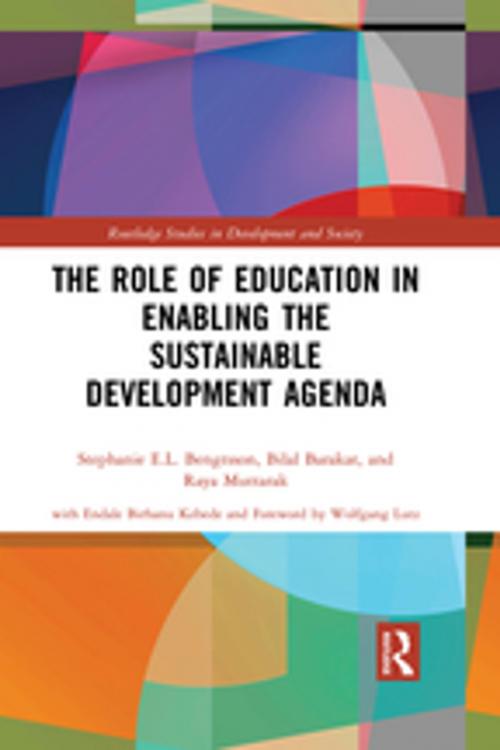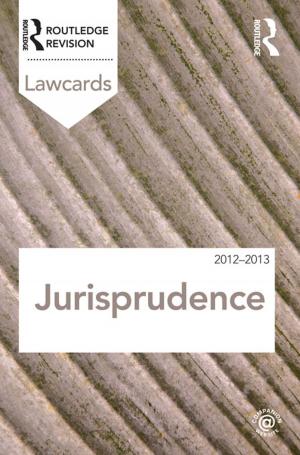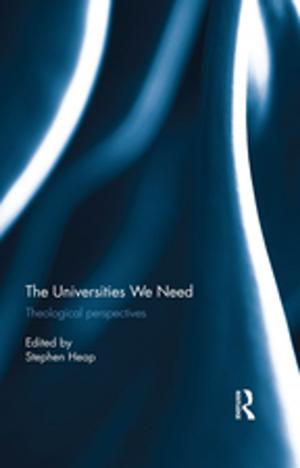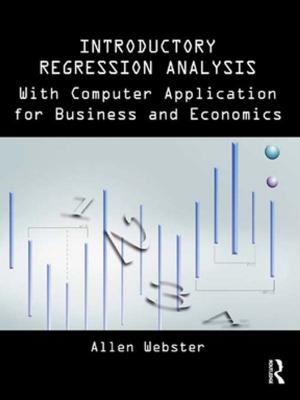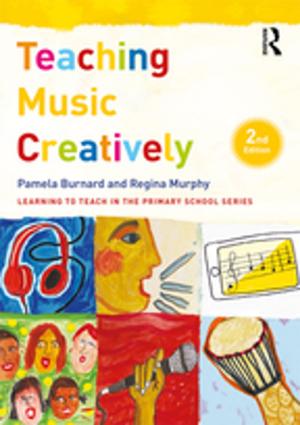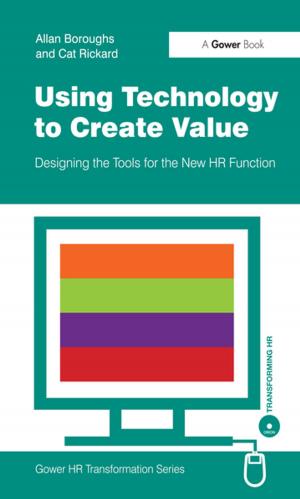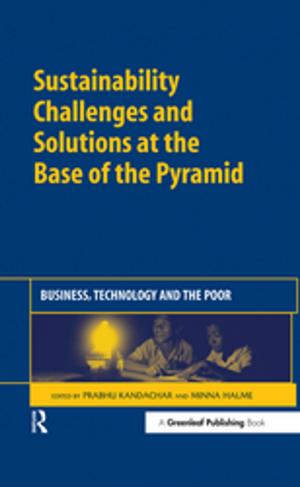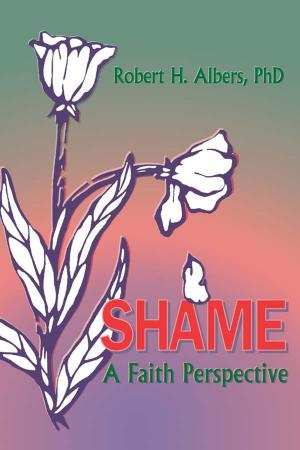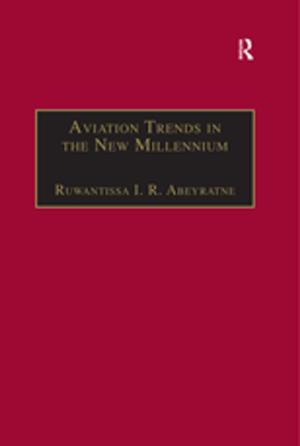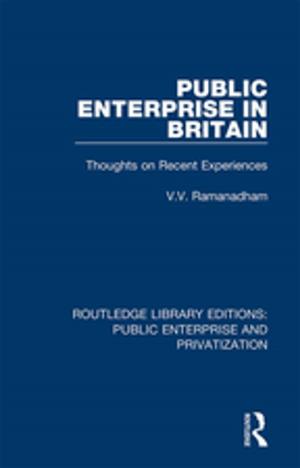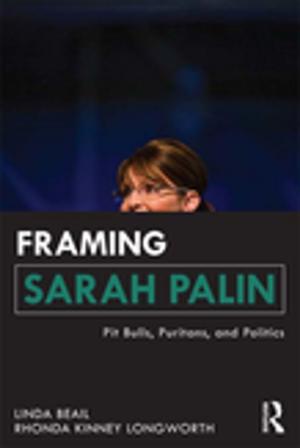The Role of Education in Enabling the Sustainable Development Agenda
Nonfiction, Reference & Language, Education & Teaching, Educational Theory, Educational Reform, Social & Cultural Studies, Social Science| Author: | Stephanie E.L. Bengtsson, Bilal Barakat, Raya Muttarak | ISBN: | 9781351390873 |
| Publisher: | Taylor and Francis | Publication: | March 5, 2018 |
| Imprint: | Routledge | Language: | English |
| Author: | Stephanie E.L. Bengtsson, Bilal Barakat, Raya Muttarak |
| ISBN: | 9781351390873 |
| Publisher: | Taylor and Francis |
| Publication: | March 5, 2018 |
| Imprint: | Routledge |
| Language: | English |
The Role of Education in Enabling the Sustainable Development Agenda explores the relationship between education and other key sectors of development in the context of the new global Sustainable Development Goals (SDG) agenda. While it is widely understood that there is a positive relationship between education and other dimensions of development, and populations around the world show a clear desire for more and better education, education remains an under-financed and under-prioritised sector within development. When education does make it onto the agenda, investment is usually diverted towards increasing access to formal schooling, without focusing on the intrinsic value of education as a tool for development within the international development community more broadly.
The authors explore these tensions through a review of literature from a range of disciplines, providing a clearer picture of the relationship between education and other development sectors. The book challenges silo-thinking in the SDGs by exploring how achieving the SDG education targets can be expected to support or hinder progress towards other targets, and vice-versa. Drawing on examples from both low and high income countries, the book demonstrates how ‘good’ education functions as an ‘enabling right’, impacting positively on many other areas.
The book’s scope ranges across education and development studies, economics, geography, sociology and environmental studies, and will be of interest to any researchers and students with an interest in education and the SDGs.
The Role of Education in Enabling the Sustainable Development Agenda explores the relationship between education and other key sectors of development in the context of the new global Sustainable Development Goals (SDG) agenda. While it is widely understood that there is a positive relationship between education and other dimensions of development, and populations around the world show a clear desire for more and better education, education remains an under-financed and under-prioritised sector within development. When education does make it onto the agenda, investment is usually diverted towards increasing access to formal schooling, without focusing on the intrinsic value of education as a tool for development within the international development community more broadly.
The authors explore these tensions through a review of literature from a range of disciplines, providing a clearer picture of the relationship between education and other development sectors. The book challenges silo-thinking in the SDGs by exploring how achieving the SDG education targets can be expected to support or hinder progress towards other targets, and vice-versa. Drawing on examples from both low and high income countries, the book demonstrates how ‘good’ education functions as an ‘enabling right’, impacting positively on many other areas.
The book’s scope ranges across education and development studies, economics, geography, sociology and environmental studies, and will be of interest to any researchers and students with an interest in education and the SDGs.
